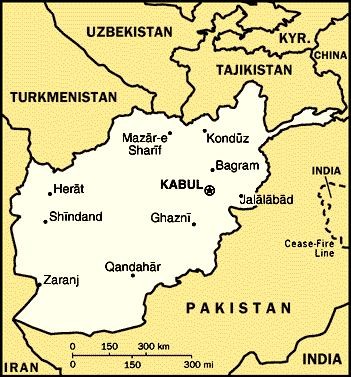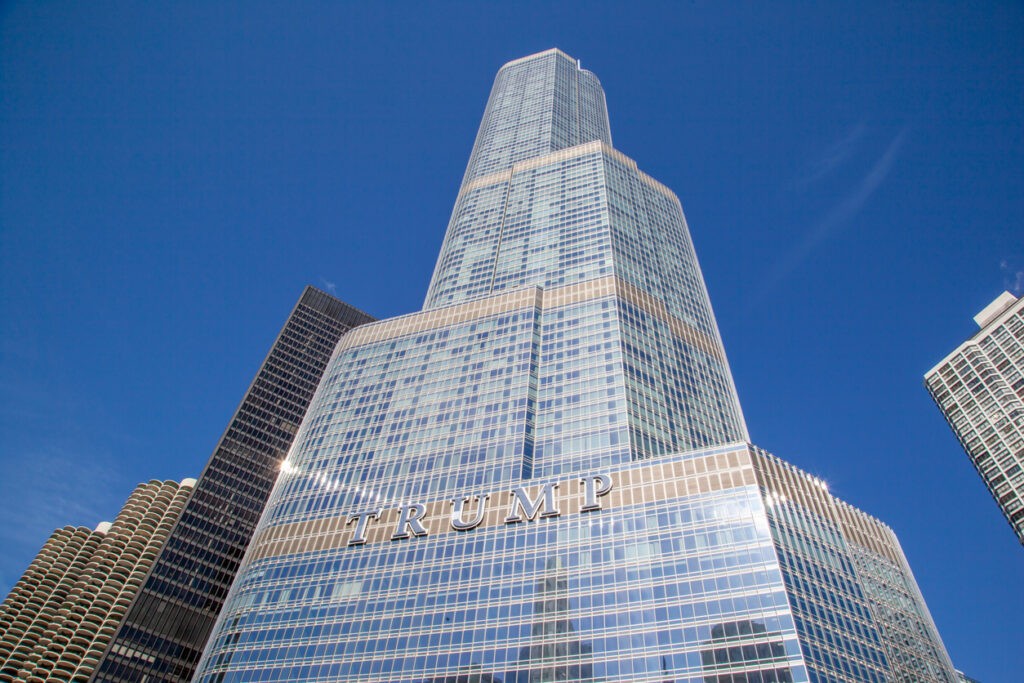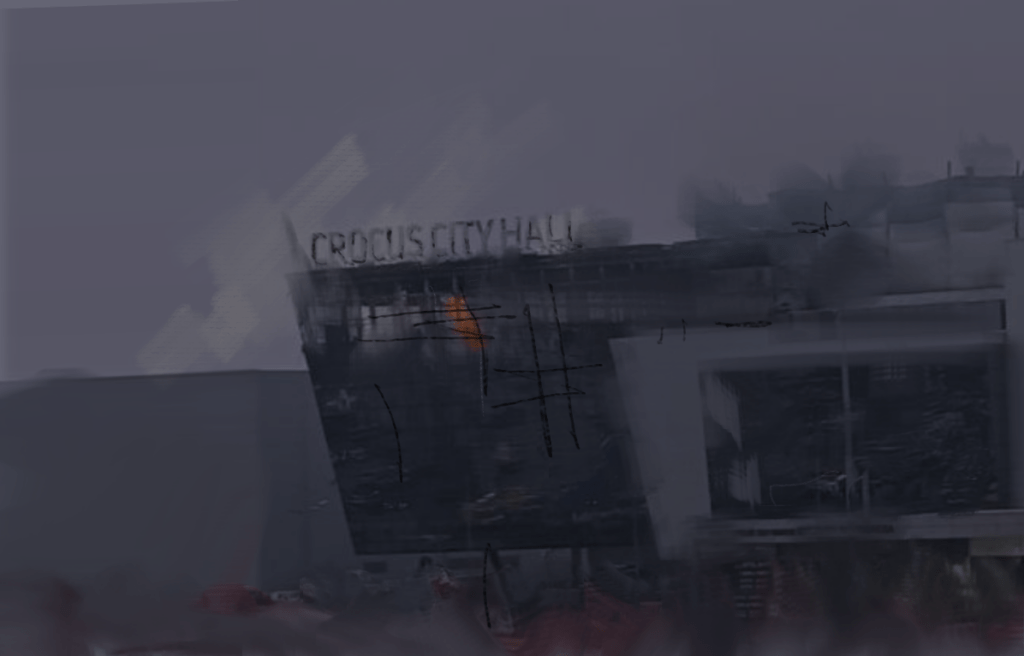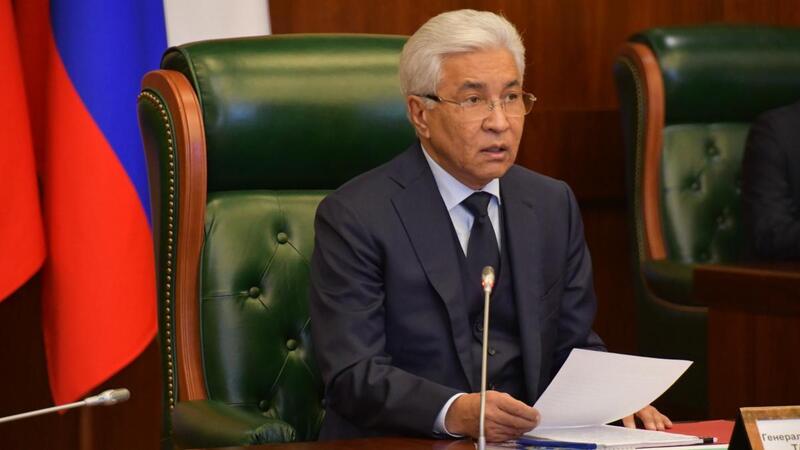OSH, Kyrgyzstan (TCA) — How far stretches the might of war profiteers in the global economy? Further than many people think, and Central Asia’s ex-Soviet republics bordering the world’s staunchest zone of large-scale bloodshed are particularly exposed to it.
In a blunt but well-argued report posted recently by a background reel called Daiji World a researcher from India by the name of Shree Kumar Menon explained the benefits derived from armed conflicts by a wide variety of interested parties scattered around the world. Only a minor part of those benefits circulates within conflict zones, while the bulk of the gains end up in the pockets of brokers, bosses and bankers on all sides of the globe.
In the case of Afghanistan, primary beneficiaries are local farmers who have been cultivating opium for thousands of years. Referring to a United Nations survey held in May this year, the expert notes that the surface used to grow opium and cannabis plants in Afghanistan has increased from 183,000 to 201,000 hectares over last winter. Moreover, yield per hectare has soared by 43 per cent in the same period of time, and with the recent introduction of genetically modified seed developed in China, harvests are now being collected several times a year without disruption.
‘Recycled into bona fide investments’
But the producers get no more than a small percentage of the gains on what they produce. “There exists a trafficker collection hierarchy in the source zone, the major drug traffickers are backed by powerful business, political and financial interests with links to major criminal syndicates,” Dr. Kumar Menon affirms. “Making it more complicated is the role of various intelligence agencies that are allied with organised crime, competing for the strategic control over the heroin routes. Further, the multi-billion dollar revenues of narcotics are deposited only in the Western banking system. Most of the large international banks together with their affiliates in the offshore banking havens launder large amounts of narco-money.”
But that is not where it ends. “Once the money has been laundered, it can be recycled into bona fide investments not only in real estate, hotels, etc, but also in other areas such as services and manufacturing. This illicit money is also funneled into various financial instruments including the trade in derivatives, primary commodities, stocks, and government bonds,” in the expert’s words. The global amount of narco-money circulating in the world’s economic system is thought to top a quarter trillion US dollar according to average, though varying, estimates.
Waves of desperate souls
The money thus “earned” on battlegrounds does not only come from drugs. Of course, arms dealers have a blue-chip market for weaponry of all kinds here. But Afghanistan is also a cherished hub for human traffic, especially in sex slavery but not limited to it. Girls and also boys, often of minor age, are being lured among the masses of refugees trying to leave armed conflict zones to be “employed” around the globe in the sex industry, with the boys forcibly undergoing transgender operations carried out on large scales in Turkey and the Arab Emirates.
But it is not only the sex industry that profits from the waves of desperate souls armed conflicts produce. There is a little-exposed human organ industry and trade in the medical sectors of numerous countries needed for transplantations.
Smuggling and money laundering rings
Traffickers in “human flesh” are often disguised as well-wishers offering escape routes to would-be refugees who even have to pay hardly affordable sums to meet their gruesome fate. Of late in a scandalous slip, a notorious American mercenary mobster named Eric Prince was given space in the Financial Times offering “services” to “manage” refugee flows in Europe.
To make things worse, Prince has a backdoor entry to the White House and associated circles ever since his sister Betsy DeVos entered Donald Trump’s cabinet as Education Secretary. Investigators have already linked Prince to smuggling and money laundering rings – apart from the murder squads he maintains in hotbed zones. He has been operating in African, Middle East and Afghan arenas.
The Afghan pandemonium
By giving the Pentagon a “free hand” to drop bombs, employ armed squadrons and otherwise “combat terror with terror” Trump’s administration has virtually driven crowds of the Afghan population into the arms of Daesh, Al-Qaeda, Al-Nusra and the Taliban, all of whom feel pretty much at home amidst the Afghan pandemonium. All of those groups themselves are now active in narco-cultivation and trade, in smuggling a wide variety of other contraband, and human trafficking, along and in contest with the traditional warlords, whose activities go back to the days of Dzhengiz Khan and got worldwide notoriety during the XIX Century Great Game between Britain and Russia.
These days, these crime barons are mainly concentrated in the north of Afghanistan, bordering Tajikistan, Uzbekistan and Turkmenistan. Both Daesh and the Taliban seek and find confrontation with their longstanding foes in the area, with borders ill-guarded on both sides, making it easy for them to maintain and extend their smuggling rings into Central Asia’s former Soviet republics.
Whether Afghan government troops, supported or not by US bombers and undercover patrols, can clear the area of the various syndicates is not hard to answer: never. The stakes, purely financially speaking, are simply too high, and they concern the entire global economy stretching from the drugs people purchase on the black and grey markets and the sex clubs they visit to the paper they buy and sell on financial markets and the petrol they put in their tanks…









